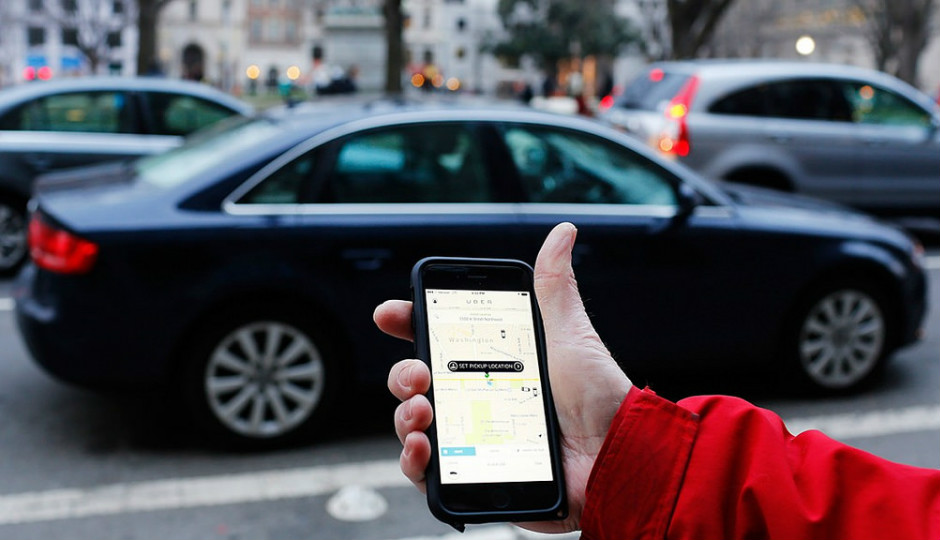Here’s Why Uber Rates Went Up in Philly This Week

Image via Flickr.
Beginning Tuesday, Uber riders in Philly paid higher rates for rides due to a new effort by the company to provide drivers with insurance should they get harmed on the job.
Pennsylvania is one of eight states involved in the pilot program led by insurance companies OneBeacon and Aon headquartered in the UK. Uber drivers in the state now have the option to buy the injury insurance that will cost them 3.75 center per mile and consumers an extra 5 cents per mile.
“We believe drivers should have a low-cost option to protect themselves and their families against rare and unforeseen accidents that prevent them from working,” said Uber spokesman Craig Ewer. “We are partnering to pilot an insurance product that allows drivers to access peace of mind for a few cents a mile, directly through the Uber app.”
Coverage applies the entire time a driver is logged onto the Uber app and the premium is charged only on miles traveled while on-trip and earning money from carrying passengers, says Gus Fuldner, Uber’s head of safety and insurance. Workers won’t have to pay a deductible or co-pay on medical expenses and the maximum payout from a single accident is $1 million for medical expenses and a maximum of $150,000 in survivor benefits. They’ll also pay up to half of a driver’s average weekly earnings in income security insurance.
Uber has been criticized for how it treats its drivers who are deemed independent contractors and not employees. Before now, the company hadn’t offered this kind of insurance protection. In the eight states where the coverage is available — Pennsylvania, Delaware, South Carolina, West Virginia, Illinois, Arizona, Oklahoma, Massachusetts — Fuldner says the company chose to raise fares to help remove any financial barriers that may prevent drivers from choosing to opt into the insurance plan. Drivers who don’t opt in can pocket the extra earnings.
But some watchdogs have already expressed dissatisfaction in the pilot product, calling the effort an Uber publicity stunt for image rehabilitation. “Instead of paying workers’ compensation premiums to cover all of its workers, as responsible businesses do, Uber will charge drivers for the medical care and time-loss benefits that the rest of us get by virtue of working at a job,” said National Employment Law Project director Rebecca Smith in a statement. “If Uber valued its workers, it would simply pay its workers’ compensation premiums and cover all of them.”
Fuldner said the new program is just one way the company is working to improve the driver experience. “We’re excited to expand this new Driver Injury Protection offering to more drivers in more states in the future as we learn from this pilot program,” he said.
Follow @fabiolacineas on Twitter.


